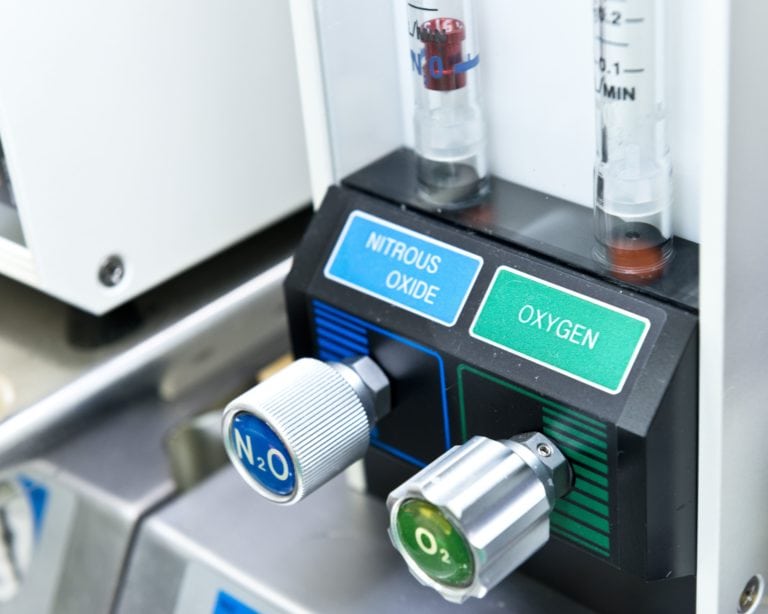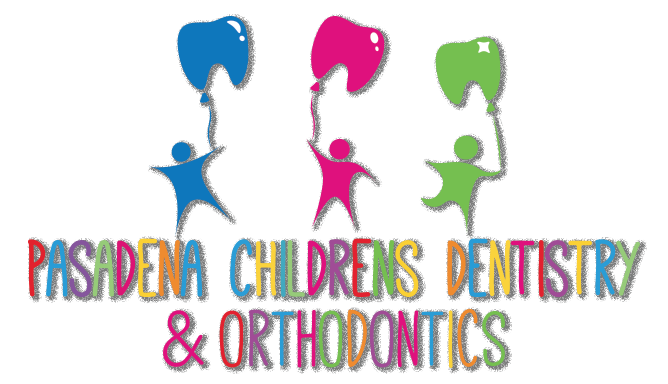
There are a number of options available to those looking to ease their dental concerns with sedation and one of the most well-known, and most misunderstood, is Nitrous Oxide. Nitrous Oxide has a reputation that in part is due to its commonly known nickname ‘laughing gas’ as being something both harmless and somewhat comical. In fact, this reputation has to do with some of the properties that the gas has, and it’s used in dental procedures.
What Is Laughing Gas?
Nitrous Oxide is the colloquial term for N2O, a gas that is colorless has a slightly sweet flavor, and an odor to match. One of the common applications for nitrous is in racing where it has the ability to boost the performance of the engine. In medical practices, it has analgesic and anesthetic properties that have been known since the mid-1800’s and has been actively used from that point forward in medical practices, especially dentistry. Dr. Horace Wells is responsible for its introduction into the dental field after having used it on himself to extract a tooth in 1844.
How Does It Work?
The full spectrum of how nitrous functions aren’t fully understood by medical science, though some of its basic interactions are known. The technical aspect is that it acts on ion channels that are ligand-gated, a special type of molecule. A more practical description of its effects follow:
• Anti-Anxiety – Nitrous is an anxiolytic, a substance known to reduce anxiety.
• Analgesic – Analgesics are painkillers that cause the body to lessen its ability to perceive pain.
• Euphoric – Nitrous induces the release of dopamine, causing a light-headed and relaxed feeling, it is this property that gives it the colloquial name of ‘laughing gas’.
These three properties work together to help ease the pain, calm the patient, and take all the anxiety and fear out of dental procedures.
Is Nitrous Safe?
One of the things that keep Nitrous in use in the dental industry is its efficacy and safety. Nitrous is easy to administer, easy to adjust its dosage, and quick to wear off with its effects being quite temporary once the gas is no longer being administered. If you’re pregnant you should avoid being put on nitrous, and extended exposure can result in a deficiency in vitamin B. These threats only exist in cases where the exposure is prolonged and repeated, circumstances that won’t occur in the dentist’s office.
If you’re preparing to undergo a dental procedure and want to know if nitrous is a good choice for your sedation dentistry, pick up the phone and contact your dentist. Experts like Dr. Pallavi Kavety at Pasadena Children’s Dentistry specialize in making your child’s experience painless and anxiety free. When appropriate they may suggest that nitrous be administered to a particularly nervous or anxious child. If you have any questions about this process, or whether another form of sedation may be right for you or your child, call and make an appointment for a consultation. Don’t let anxiety and fear of dentistry keep you or your child from great oral health!

















Recent Comments